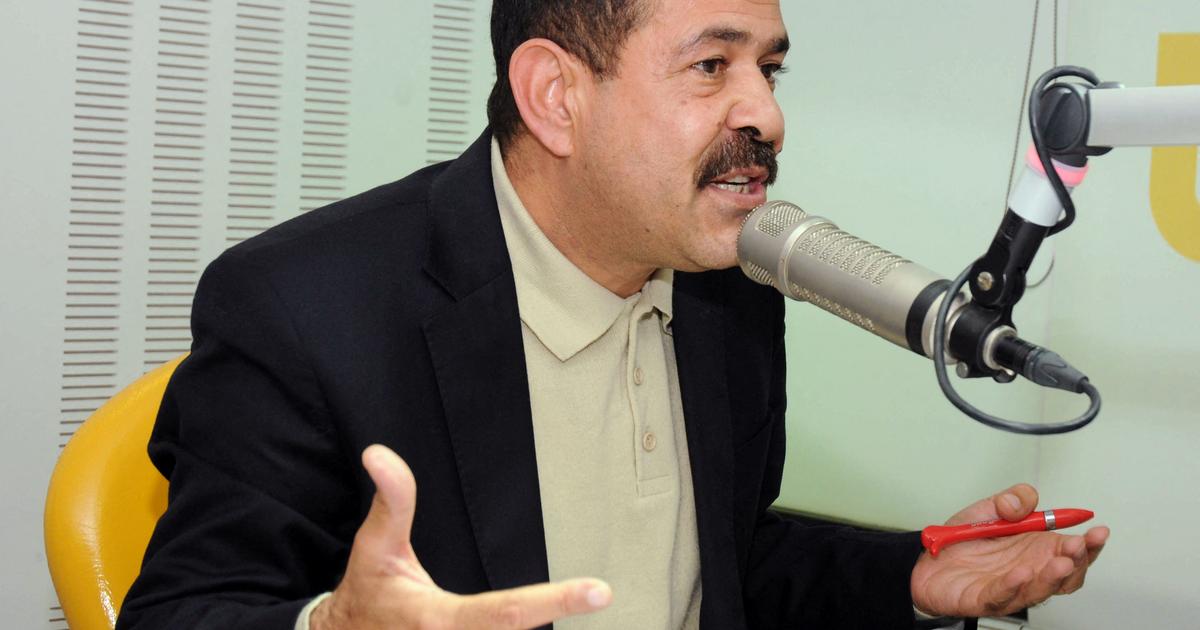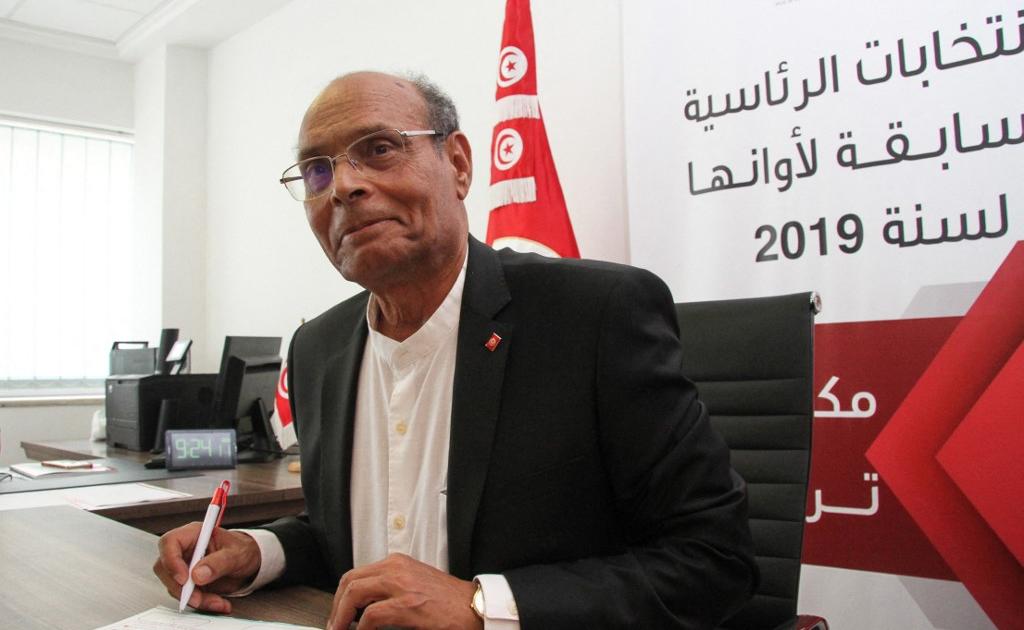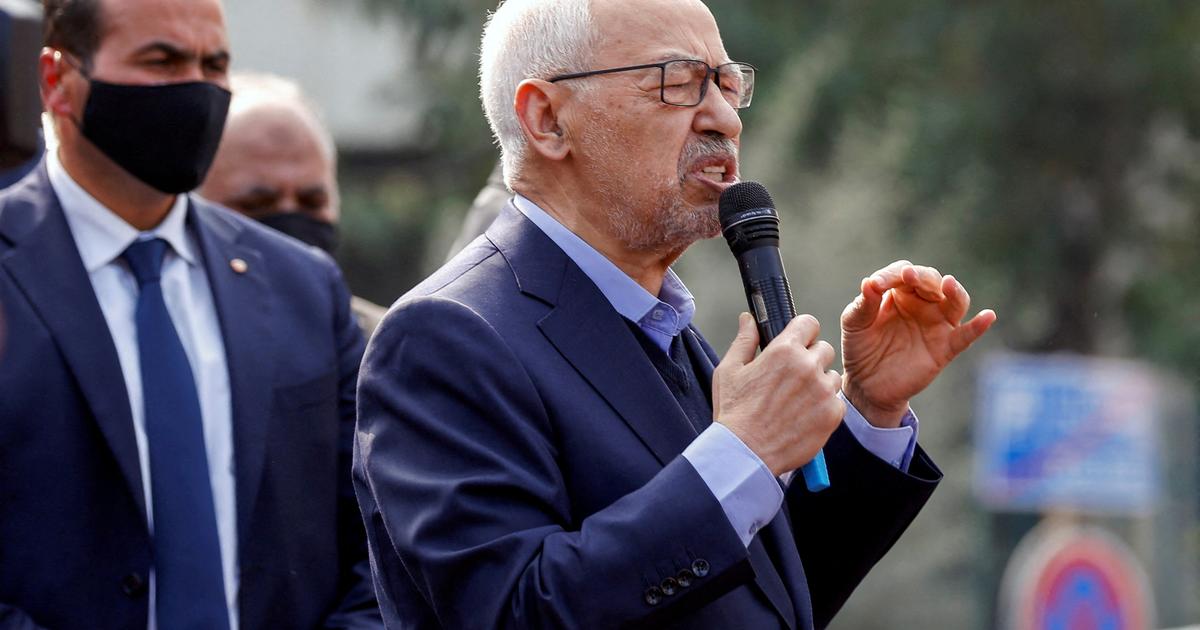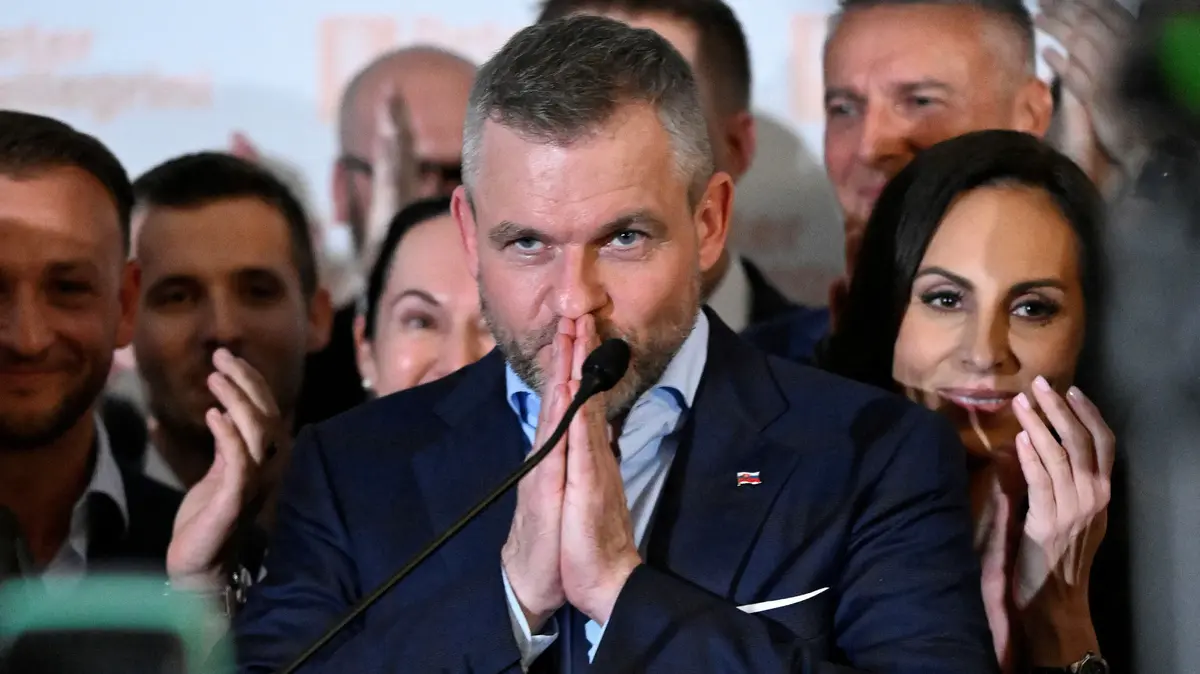The Tunisian President, Kaïs Saied, has taken advantage of the conjunction of crisis that the country is going through to suspend the activities of the Parliament and dismiss the Prime Minister, Hichem Mechichi, with whom he had a pulse since last January. Saied, a populist politician elected in 2019 with more than 70% of the vote, has justified his coup on a dubious interpretation of Article 80 of the Constitution, which allows the president to take "exceptional measures" in the event of an emergency situation . Ennahda, the first party in Parliament, has described a decision that places Tunisia in an unprecedented constitutional crisis, and the democratic transition at its most delicate moment as a “coup d'état”.
Watch: Here are the 3 presidential decisions as announced by # Tunisia's Kais Saied following a day of mass protests against the government and the Islamist Ennahda-led parliament: https: //t.co/mPjizWekJo pic.twitter.com/8Q21EGIpIb
- Al Arabiya English (@AlArabiya_Eng) July 25, 2021
Saied's unexpected ordeal comes after a day of anti-government protests calling for the dissolution of Parliament and a profound reform of the political system. In the capital, the protests, which had been called on the internet by citizen groups and did not have the support of any major party, were dissolved by the police in the capital in front of the headquarters of the Popular Assembly. In various cities, such as Susa or Tozeur, the protesters broke into the Ennahda headquarters and carried out material destruction. Since the Revolution of 2011, Ennahda has been present to a greater or lesser degree in all Executives, which is why it is perceived as the quintessence of the
establishment
by many Tunisians.
After Saied's announcement, broadcast on public television after 9:30 p.m., thousands of people took to the streets to show their support for the president by honking their car horns and waving Tunisian flags.
The celebration was allowed by the police despite the fact that the curfew is in force between 8:00 p.m. and 5:00 a.m., one of the measures taken by the authorities to contain the explosion of covid-19 infections.
The country's hospitals are overwhelmed, and many of them do not have enough oxygen to supply COVID patients.
In a country of 11 million people, deaths from the new coronavirus hover around 200.
Armed forces
The president made a very harsh speech, with a challenging tone. "Many people have been deceived by hypocrisy, betrayal and the theft of the rights of the people ... I warn anyone who thinks of resorting to arms ... to anyone who shoots a bullet, the armed forces will respond with bullets," he said raising the voice and with a very serious gesture. At the moment, the only party that has strongly condemned Saied's decision is Ennahda. Its historical leader and Speaker of Parliament, Rachid Ghannouchi, accused the Head of State of launching a "coup against the revolution and the Constitution." "Consider that the institutions still standing, the followers of Ennahda and the Tunisian people will defend the Constitution," Ghannouchi told Reuters.The president also announced the withdrawal with immediate effect of the parliamentary immunity of all the deputies "to regain social peace and save the State and society."
Join EL PAÍS now to follow all the news and read without limits
Subscribe here
More and more cars approach Avenida Bourguiba, the heart of the capital, to celebrate the assumption of all powers by President Saied.
Tonight's images will strengthen your position in the negotiations to come.
pic.twitter.com/lfen869X1W
- Ricard Gonzalez (@RicardGonz) July 25, 2021
"I'm very happy.
Saied has freed us from the
brothers
by Ennahda.
It was time for me to act, ”says Jamila, a middle-aged woman who was walking through central Tunisia last night wrapped in a Tunisian flag.
“No, I am not worried that Saied could become a dictator.
Even Hitler would be better than Ennahda, ”he blurts out.
However, although they may be a minority, some are suspicious of Saied's coup.
"I'm worried.
I don't think that a coup d'état and a president who assumes all the powers can solve the problems we have, ”says Wael, a young left-wing man who was deeply involved with the Revolution, sitting in a semi-open café.
The customer at the next table rebukes him: “This is not a coup!
He is the president-elect! ”, He proclaims, opening a debate that, in all probability, will shake the country in the coming days.
More information
Hundreds of Tunisians demand the resignation of the Government due to the economic and health crisis
The difficult journey of democracy in Tunisia
The possibility that President Saied would avail himself of article 80 of the Constitution to assume full powers was already suggested by an adviser in a report that was leaked in May.
Then, a strong controversy broke out, and the president publicly distanced himself from the initiative.
For this reason, in the hours before Saied's ordeal, no one could prevent this unfolding of events.
Crisis after crisis
The use of article 80 had been defended by some Saied followers as a way out of the political crisis that the country has been experiencing since last January. The conflict broke out after the Head of State refused to sanction the appointment of the new ministers in a reshuffle of the Executive decided by Prime Minister Hichem Mechichi. The Constitution does not grant the president the power to veto the remodeling of the cabinet, but in the absence of a Constitutional Court due to the lack of a
quorum
in the appointment of its members, no one can force him to do so. Since then, the country has been submerged in political paralysis.
The combination of crisis that the country is dragging - the sanitary one added to the previous economic, social and political crisis - has triggered unrest among citizens. The election of Saied, a veteran Constitutional Law professor with no political experience, was already the product of popular dissatisfaction and a lack of trust in the political class. Two years later, the disgust of Tunisians with the government is even greater, which has opened a window of opportunity for the president to establish his primacy. In part, the success of Saied's order will depend on the reaction of other political actors and Western countries, whose support has been essential to prevent the country from falling into bankruptcy.






/cloudfront-eu-central-1.images.arcpublishing.com/prisa/UNZA2QRWBIKDEU6WPCTUNY4HUE.jpg)








